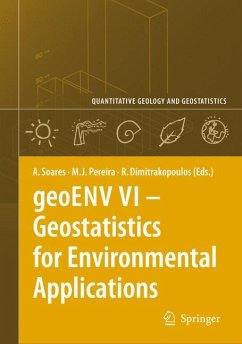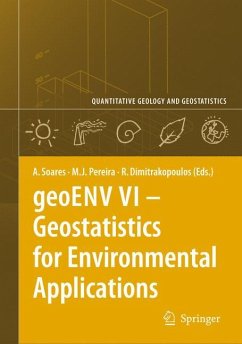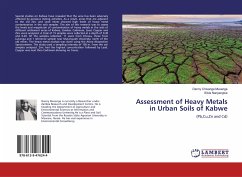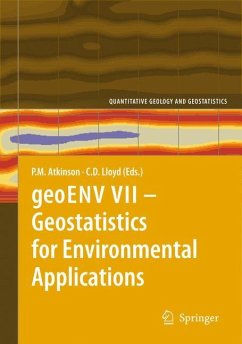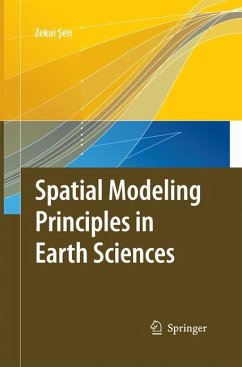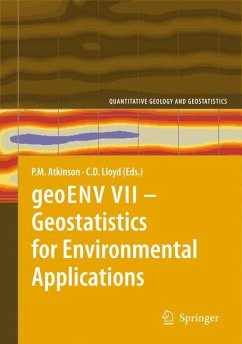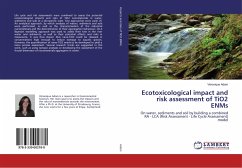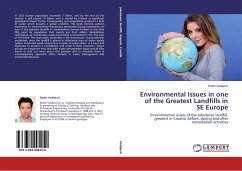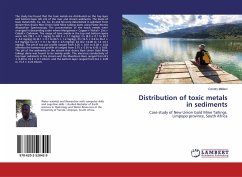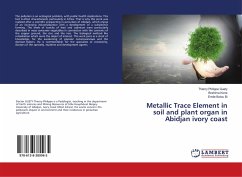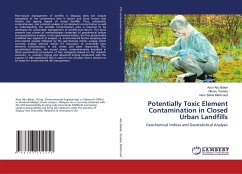
Potentially Toxic Element Contamination in Closed Urban Landfills
Geochemical Indices and Geostatistical Analysis
Versandkostenfrei!
Versandfertig in 6-10 Tagen
47,99 €
inkl. MwSt.

PAYBACK Punkte
24 °P sammeln!
Post-closure management of landfills in Malaysia does not include assessment of the contaminant level in abiotic and biotic factors that inhabit the ageing topsoil of closed landfills. Thus, substantial, comprehensive, and constant analysis of contaminant concentration as well as understanding the possible contamination area is required to be developed for sustainable management of landfill post-closure. This book presents two phases of methodologies comprised of geochemical indices and geostatistical analysis. In the geochemical indices, the first phase briefly exhibited two segments of analy...
Post-closure management of landfills in Malaysia does not include assessment of the contaminant level in abiotic and biotic factors that inhabit the ageing topsoil of closed landfills. Thus, substantial, comprehensive, and constant analysis of contaminant concentration as well as understanding the possible contamination area is required to be developed for sustainable management of landfill post-closure. This book presents two phases of methodologies comprised of geochemical indices and geostatistical analysis. In the geochemical indices, the first phase briefly exhibited two segments of analysis, i.e. environmental factors sampling and instrumental analysis followed by the geochemical indices analysis which concisely analyse selected indices for evaluation of potentially toxic elements contamination in soil, water, and plant respectively. The geostatistical analysis, the second phase, comprehensively described in detail geostatistical procedures of two categories (based on the research scenario), i.e. ordinary kriging and advanced kriging conducted with the support of VBA application that is useful in the occasion that a decision to be made for environmental risk management.



